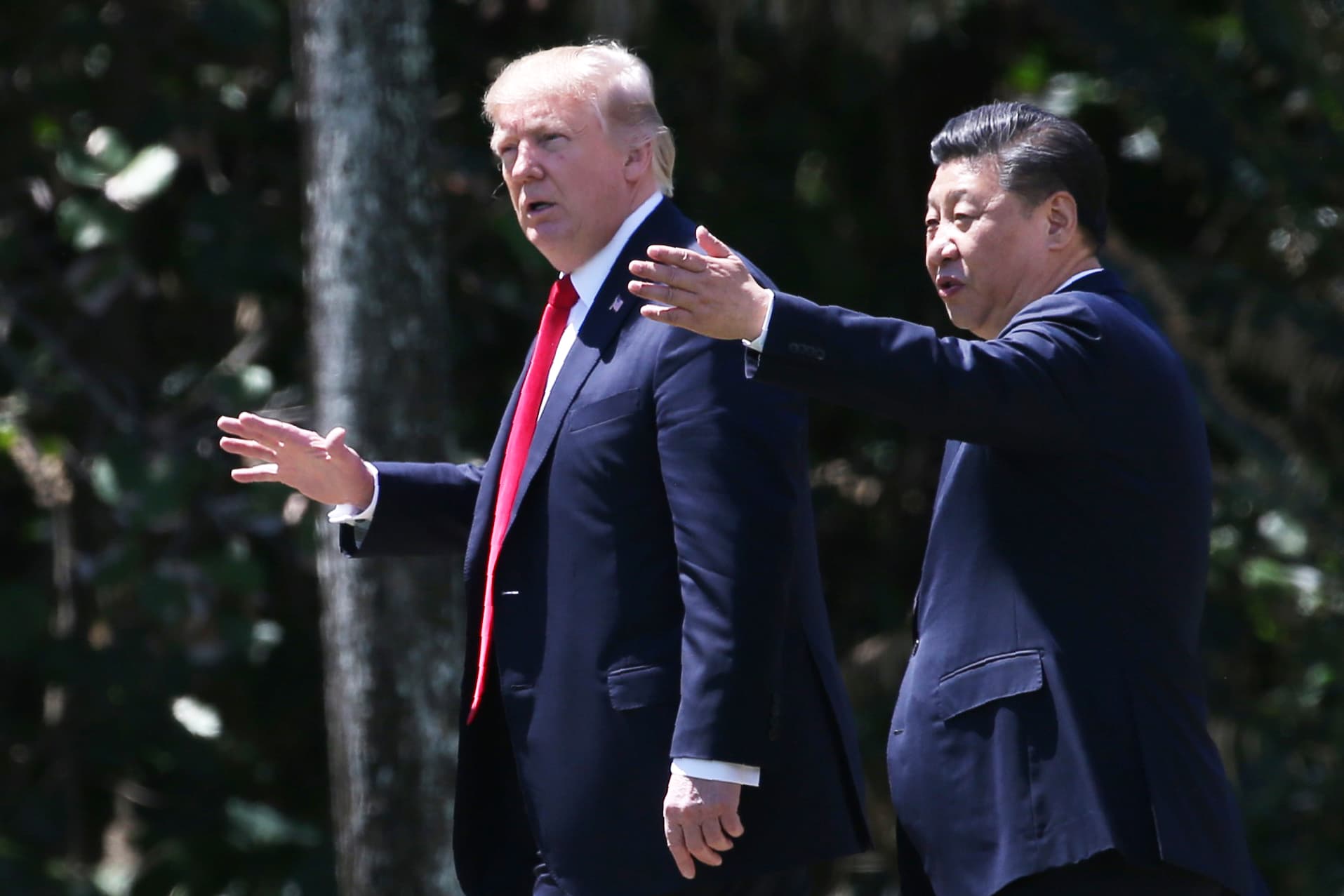Chile said it’s calling off the Asia Pacific Economic Cooperation summit in Santiago in mid-November.
President Donald Trump and Chinese leader Xi Jinping were scheduled to meet at the summit to discuss a possible “Phase One” deal that the two countries are close to finalizing.
The cancellation was due to protests, according to Chile President Sebastián Piñera.
“This has been a very tough decision … but it is based on the wise principle of common sense,” Piñera said in a media address on Wednesday.
“A president must always put his compatriots above all else,” Piñera said. “Our main concern is reestablishing public order, our citizens’ safety and social peace along with pushing through a social agenda to respond to the main demands of our citizens.”
Chile’s government had extended a state of emergency to several cities across the country last week as a proposed hike in public transport fares sparked nationwide protests.
The Chilean decision to cancel the summit brings up the question of when the leaders of the U.S. and China will meet to sign a much needed trade deal.
Earlier this month, Trump said the U.S. has come to a “very substantial phase one deal” with China, adding phase two will start “almost immediately” after the first phase is signed. The U.S. also ditched a planned tariff hike on $250 billion in Chinese goods that was set to take effect Oct. 15.
Asked about the Chilean cancellation, a White House spokesman told CNBC’s Eamon Javers, “We don’t know. I’m going to get to the bottom of it.”
Trump had said the agreement would address issues such as intellectual property and financial services and include a pledge for China to buy $40 billion to $50 billion in American agricultural products.
The U.S. said Monday it is considering extending certain tariff exclusions on $34 billion of imports from China as the two work toward a trade agreement. Exemptions on nearly 1,000 products are set to expire in December.
